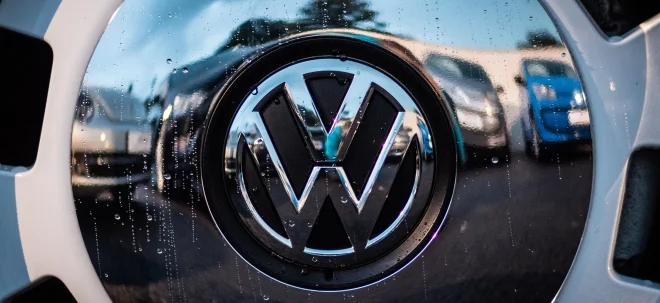According to a German magazine, Germany has rejected Volkswagen's applications for investment guarantees in China due to human rights concerns relating to the Chinese Communist Party.
Der Spiegel stated that the German Economy Ministry declined "four applications from a corporation for the renewal of investment guarantees," citing a representative for Economy Minister Robert Habeck.
The applications were not for direct investments in factories in Xinjiang, where the Chinese authorities has been accused of discriminating against the Uyghur ethnic minority, but in other factories that may be related to commercial firms operating there.
While the government did not reveal the identity of the corporation whose petitions were denied, the story indicates that it was Volkswagen, which claimed to have previously filed such applications.
Volkswagen stated that it has yet to get a response from the government and that rejection was a "possible outcome."
Persecuted Uyghurs, rights organizations, and elected parliamentarians from across the world have accused Chinese authorities in Xinjiang of encouraging forced labor by unjustly detaining millions of Uyghurs and other ethnic minorities in a network of camps in the area's northwestern region.
Habeck said on May 24 that the German government “has changed its approach to issues relating to China” and is reducing its dependence on other countries, including China.
“It has long been clear that, although China is a major trading partner, there are very relevant problems, not least when it comes to respect for human rights. For years, this was ignored,” he said in a statement.
According to Habeck, the government will closely examine “the environmental, social, and human rights aspects of applications from German companies for guarantees of investments in China” to exclude the possibility of human rights violations.
“This scrutiny also looks at whether the Xinjiang region is involved. Applications which do not meet the requirements are rejected,” he remarked.
“At [the European Union] level, too, closer attention should be paid to state subsidies to Chinese competitors wanting to operate here in the single market.”
Volkswagen operates a factory in Urumchi, the capital city of the Xinjiang region. China is deemed to be the largest single market for the Germany-based automobile manufacturer, and a former executive referred to China as the company’s “gold mine.”
As the world’s second-largest carmaker, after Toyota, Volkswagen delivered around 3.3 million vehicles to China and Hong Kong last year.
The company was the first foreign carmaker to invest in China with the joint venture called Shanghai Volkswagen Automotive Co. in 1984 and has a diversified portfolio in China, selling a full spectrum of cars, from low-cost brands like Skoda to luxury brands Audi and Porsche.
Source: The Epoch Times

